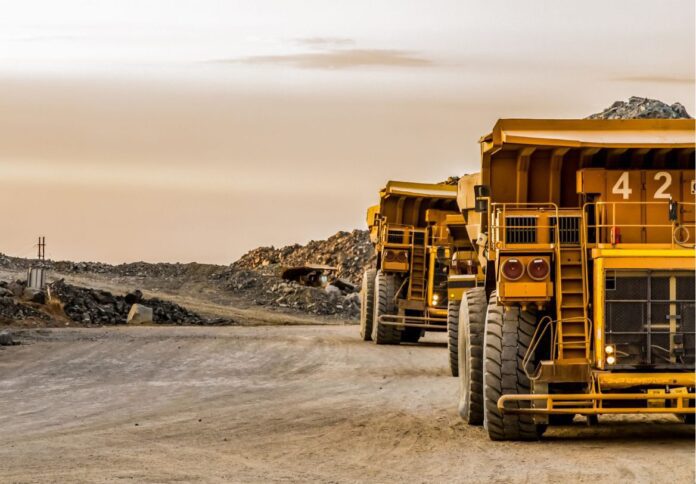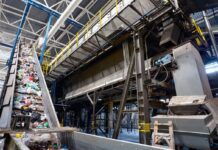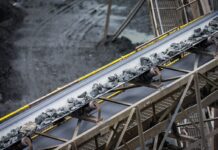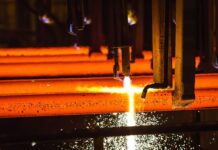
Prime Minister Anthony Albanese and United States President Donald J. Trump have signed a landmark agreement to strengthen bilateral cooperation on critical minerals and rare earths, marking a new phase in the two nations’ strategic and economic partnership.
The signing took place at the White House in Washington, D.C., where both leaders endorsed the United States–Australia Framework for Securing of Supply in the Mining and Processing of Critical Minerals and Rare Earths.
The agreement aims to establish a secure and resilient supply chain between the two countries to support defence and advanced technology industries, as revealed in a news release.
According to the Australian Government, the framework represents “a significant new chapter” in the 70-year alliance between the two nations, focusing on shared economic security and industrial capability.
The governments of both countries also announced plans to each invest at least USD $1 billion over the next six months as part of an USD $8.5 billion pipeline of priority critical minerals projects in Australia and the United States.
Two Australian projects have already been selected for immediate investment. The first is the Alcoa-Sojitz Gallium Recovery Project in Wagerup, Western Australia, for which the Australian Government has committed up to USD $200 million in concessional equity finance, including a right of offtake.
The United States Government will also make an equity investment in the project, which is expected to deliver up to 10 per cent of the world’s total gallium supply. Japan, which has already provided half of the project’s funding, is also a partner.
According to the government, gallium is a key input in semiconductor and defence technologies, and the project is intended to bolster trilateral cooperation among Australia, the United States, and Japan.
The second priority initiative is the Arafura Nolans Project in the Northern Territory. The Australian Government has announced a USD $100 million equity investment in the project, which, once operational, is projected to produce about 5 per cent of global rare earths—materials essential for energy and defence applications.
The new framework will also see the creation of a US–Australia Critical Minerals Supply Security Response Group, led jointly by the US Secretary of Energy and Australia’s Minister for Resources.
The government said the group will identify key minerals, assess supply vulnerabilities, and coordinate policies and investments to accelerate the development and processing of critical minerals across both nations.
Prime Minister Albanese said the agreement reaffirmed the strength of the Australia–US alliance and the shared goal of enhancing industrial resilience.
“There are no closer friends and allies than the United States of America and Australia,” Albanese said.
“President Trump and I agreed today we will work very hard together in both our nations’ interests. We’ve agreed today Australia and America are going to make more things together with our historic framework on critical minerals.”
Albanese added that Australia’s abundance of resources placed it in a key position to help secure global supply chains.
“Australia is home to much of the periodic table of critical minerals and rare earth metals that are vital for defence and other advanced technologies,” he said.
“Cooperation on critical minerals and rare earth supply chains is testament to the trusted partnership between Australia and the United States as strategic defence allies. I look forward to continuing to work with President Trump to strengthen our partnership and support American and Australian workers, businesses and investors.”



















